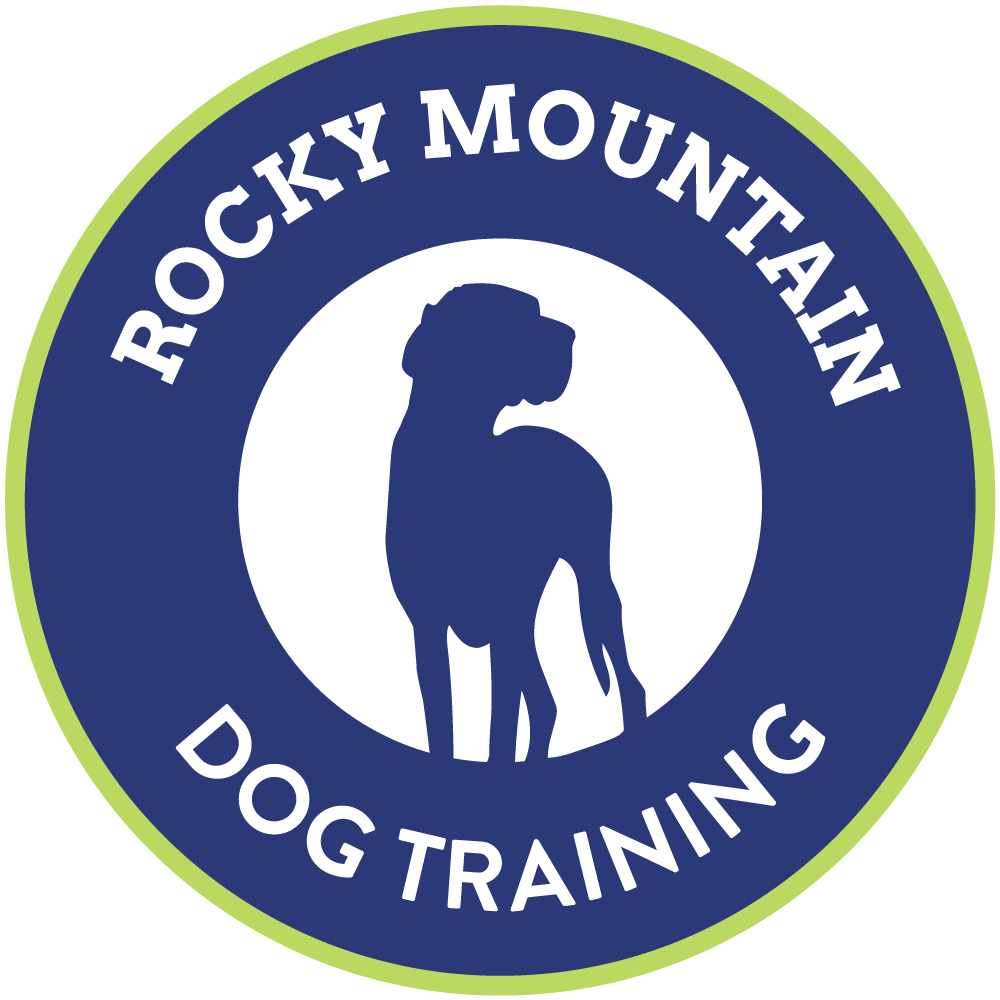Why are private dog training sessions so expensive? You might be surprised to learn that it's all really expensive for us trainers too!
I think this question comes up because on the surface, only the hour of time spent with the client is considered, and it's hard to grasp the behind the scenes expense of it, so in an exercise in transparency, I thought it might be helpful to dissect it a bit. After, I'll provide tips on how to keep costs as minimal as possible.
Private training is most often utilized for behavioral cases or specialized training. Behavioral cases are inherently more risky, and as a result, require extreme levels of focus and attention to detail and a specialized education to treat effectively.
While the type of protocol used doesn't vary much, customization comes into play based on the dog's current skills set, the handler's training goals and abilities, and then any environmental constraints that need worked around. This takes time and most often training plans are created back at the office factoring these pieces and prior to or following the actual consult. The trainer is still working for you outside of the session.
- Trainers carry various business insurance policies to protect you and protect themselves when working these cases. Expense goes up with higher liability risk cases.
- Trainers have CPAs, Bookkeepers and sometimes attorneys advising them in their collective specialties and those expenses need to be factored.
- Trainers have materials and education expenses.
- Trainers often have to pay for their own private medical insurance. Taking behavioral cases without this could easily bankrupt us if we're out of work for an injury and no insurance to cover our treatment.
- TAXES!!!
- Trainers have websites, website admin fees, or alternately use and have scheduling software expenses. If they don't, they still need to factor their time it takes to keep everything current and running.
- Trainers generally cannot take more than 3-5 private cases in a day, and as a general rule, the more complex the case, the less of a load can be taken on as time spent outside the session working the case increases as does the mental taxation these cases demand.

After all of this, trainers still need to make a living wage if they're to stay in the field. It's a tough road, no kidding, but it needs to stay sustainable.
Good trainers are hard to come by because it's such a huge balancing act. It's a fine line between making a living and burning out. Take too much on and you're toast. Mentally and emotionally, you'll fry. Take too little on, and you can't survive. Cut corners and bad things happen.
So let's talk about the best way to keep costs as low as possible as a consumer:
Prevention, prevention PREVENTION!! Group classes and early socialization are very affordable and go a long way to decreasing a need for private training. We're pooling expense between all participants which lightens the load and groups are standardized so we can do more of them and help more dogs.
If purchasing a dog, good genetics and early puppy experiences and efforts at the breeder or rescue will also tip the scales in your favor. Vet your trainers well. Do they have an education or certifications? Are they following best and current humane practices in the field? You can burn through money like crazy with incompetent bargain trainers with nothing to show for it or worse, more damage to your dog because frankly, they don't always know what they're doing. They're actually practicing trial and error on your beloved dog. With the wrong trainer, and quoting my mentor, "You'll end up in the I Tried It And It Didn't Work Club."
Price is often (but not always) a good reflection of experience. Trainers who have been at it for a long while will charge appropriately. They know they can't live on $50 a session and cover all their expenses. They know the risks of burnout, they've made it out the other side and prioritize self care so they can stay in the game for the long haul. A trainer who is overly frazzled is ineffective and sometimes dangerous. Would you want a trainer who couldn't be fully present working with your bite-risk dog?
You can also decrease expense by following your trainer's instructions as designed. The more closely you follow these guidelines, the more efficiently you'll navigate the plan and get to resolution. If the trainer asks you to invest in high value treats, chews, interactive toys, muzzles, baby gates etc. they're not just trying get you to spend more money, they're trying to get you relief as quickly as possible.
Also, going rogue between sessions makes it really hard for us to help you and will often add expense. We have no idea what you're doing if you stray from the plan so having to dissect your activities second hand and then get back on track takes away time we could be working on next steps. Good trainers will follow a well-vetted plan, so that trainer will likely need to have you go back and do the steps she assigned at the last session, effectively making progress the previous week a wash.
We dog trainers are doing our very best to get you results as efficiently as possible. We're highly in tuned with the fact that if money runs out, or we crash and burn, families and dogs suffer.
I hope that helps to put your mind more at ease in your investment and gives you some useful insight into how to actually save in the long run.

